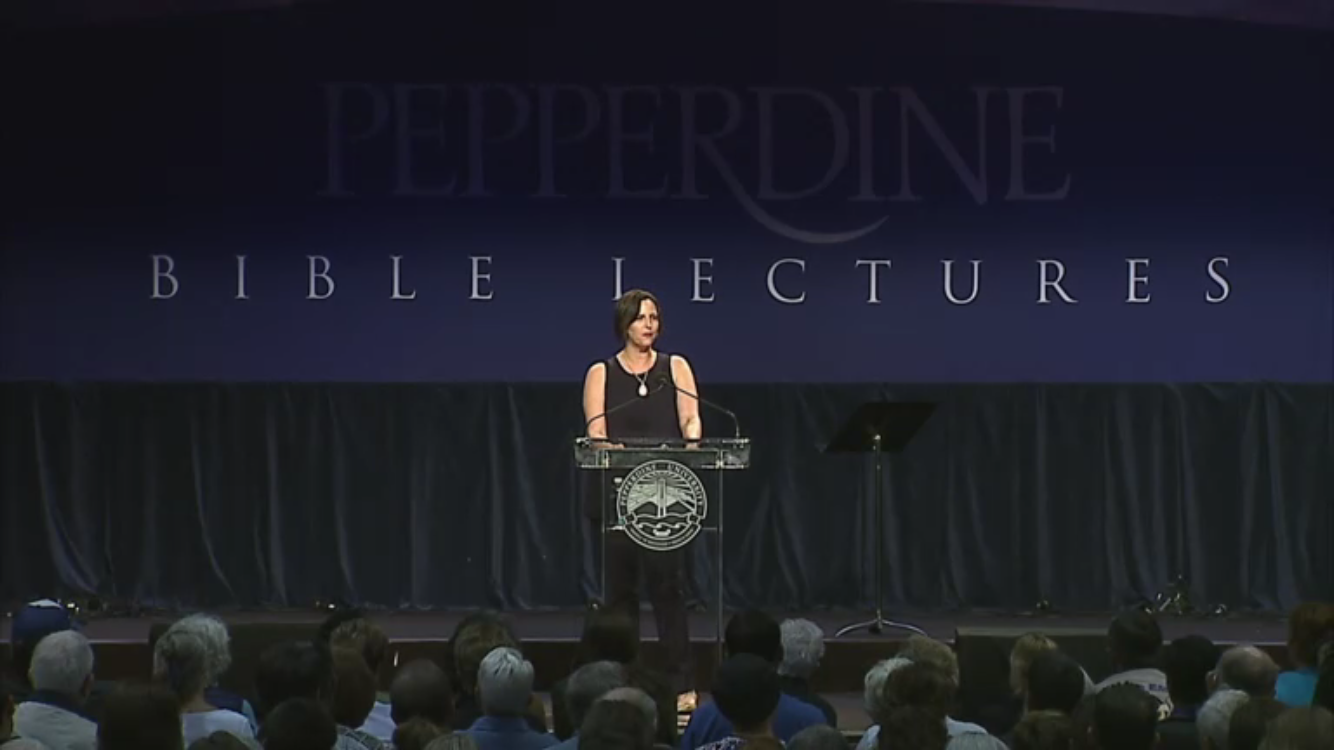Matthew 5:21-24; 6:9-15
A Kingdom Breaking in among the Broken
Jesus proclaims the kingdom/rule of God. People throng to him, sick, suffering, curious. He calls ordinary people to follow him. And they do. He begins teaching on a hillside. He pronounces blessings. Not ideals but naming those among whom this kingdom is breaking in. Not the religious, powerful, wealthy. Poor in spirit, mourning, meek. Among them God’s ancient promises to Israel are coming to fullness, unexpectedly.
Jesus never condescends. These are the light of the world. The cutting edge of God’s rule. He calls them to the wisdom, the life of God’s realm, beginning now in our world.


